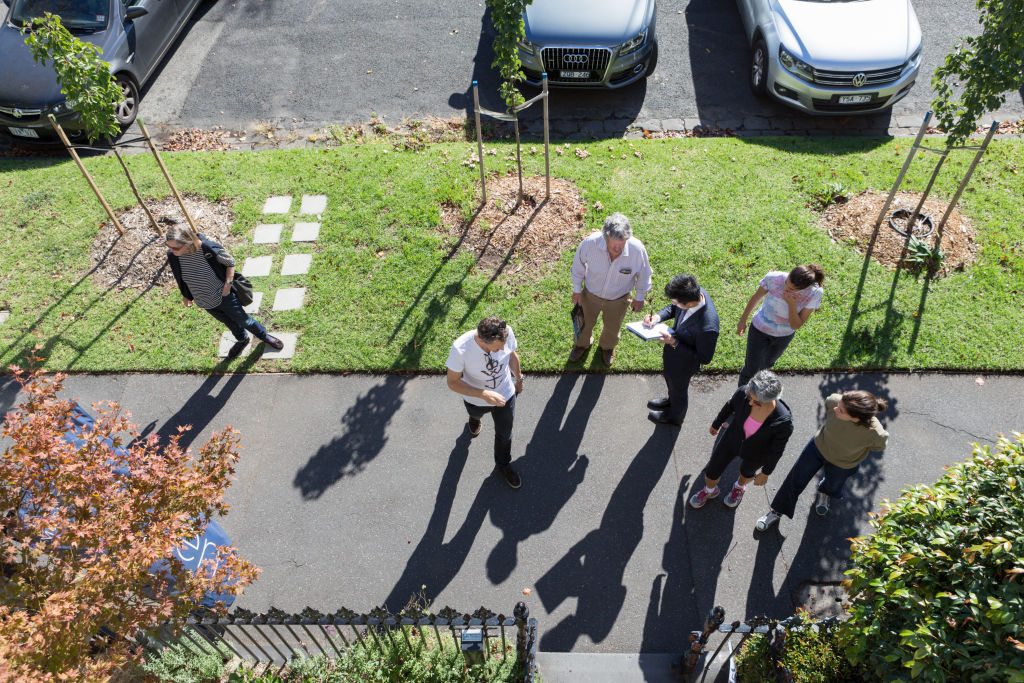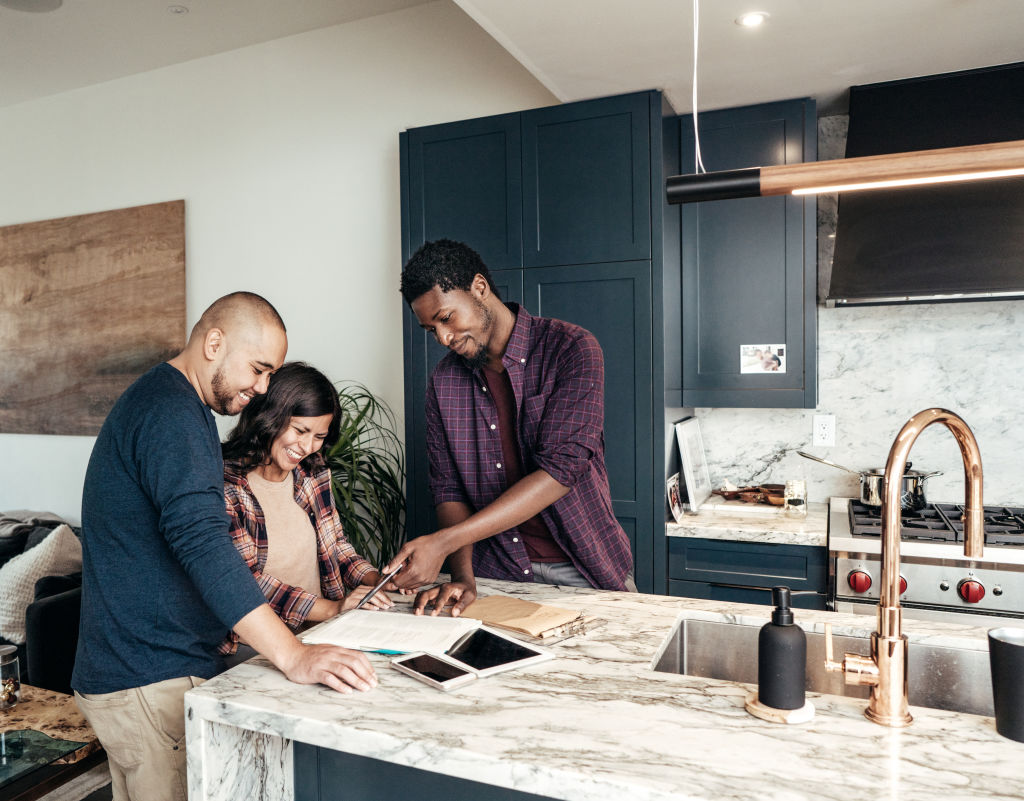Why investment experts want more buyers to do their research
What’s the secret to valuing property accurately, negotiating and winning the sale?
Reliable information, and plenty of it.
That means having an excellent grasp of local conditions, the ever-changing national state of play, and making use of correct price comparables to negotiate from a position of strength and not pay over the odds, says Lloyd Edge, founder and managing director of Aus Property Professionals.

“When you’re looking at property, you need to compare apples with apples,” says Edge, who’s just updated his book Positively Geared, to take into account moving interest rates, construction conditions and the rest of the country beyond mostly NSW.
“That means those with a similar land size, the same number of bedrooms and bathrooms, the size of house, whether they’re on a busy road or a quiet one, on sloping land or flat, and making sure they’re in the same school catchment zone. Then you need to negotiate early, with a reasonable offer rather than a low-ball one, and consider offering different settlement terms they might like.”

That kind of due diligence is critical to determining an accurate price for an investment property, rather than merely the one the seller is seeking.
The two can sometimes diverge quite wildly, and unsuspecting buyers need to be wary, advises specialist property negotiator Scott Aggett.
“You need to really understand the supply and demand metrics, consumer sentiment on the ground, and positive news in the air about interest rates dropping that are likely to give the market a kick,” Aggett says. “You also need to know specifics like where the property is positioned in the suburb, median prices, and rental demand and growth.
“In every suburb, there are more desirable pockets and it’s good to know about the turnover of properties there and, if you miss out on one, how hard it might be to find another opportunity. And don’t just look at sales on Domain, but also talk to sales agents about properties currently under offer that can provide a shortcut.”

If you can value a property effectively, you’ll have a head start on being able to negotiate a sale effectively, Aggett advises.
It also means you can have the confidence to move quickly when something suitable comes along.
Buyer’s agent Abdullah Nouh, the founder of Mecca Property Group, who’s set to become a certified valuer soon too, agrees that drilling down to the fundamentals puts buyers in the best possible position.

“People look at one property that went for a certain price and a similar one that went for less and tend to think the difference was all about FOMO,” he says. “But it’s often about the basics – whether one was on a busy road, under a high-voltage powerline, in an area with a certain zoning that offers fewer restrictions, or had environmental hazards like a flood risk.
“But if you understand the true value of a property, rather than just take an agent’s price guide, that’s important. Then you can try to understand the psychology of the vendor and of the agent, and give them the illusion that they have the power … and then ask the questions, what would it cost to get the sale, and how can that be done.”
We recommend
We thought you might like
States
Capital Cities
Capital Cities - Rentals
Popular Areas
Allhomes
More
- © 2025, CoStar Group Inc.










